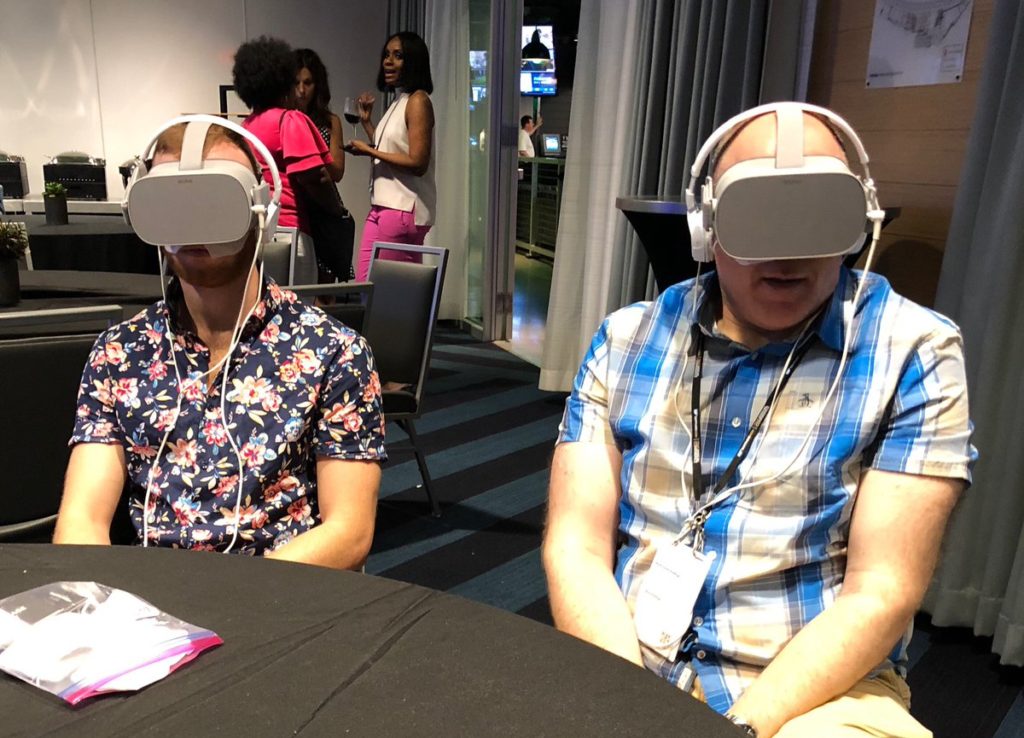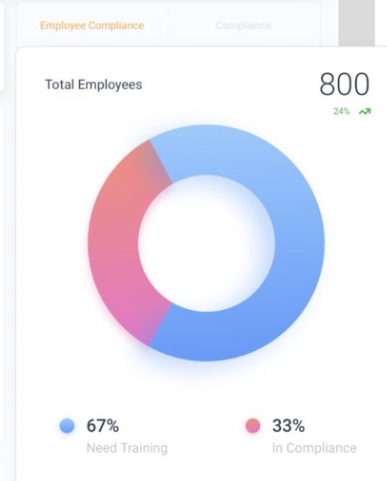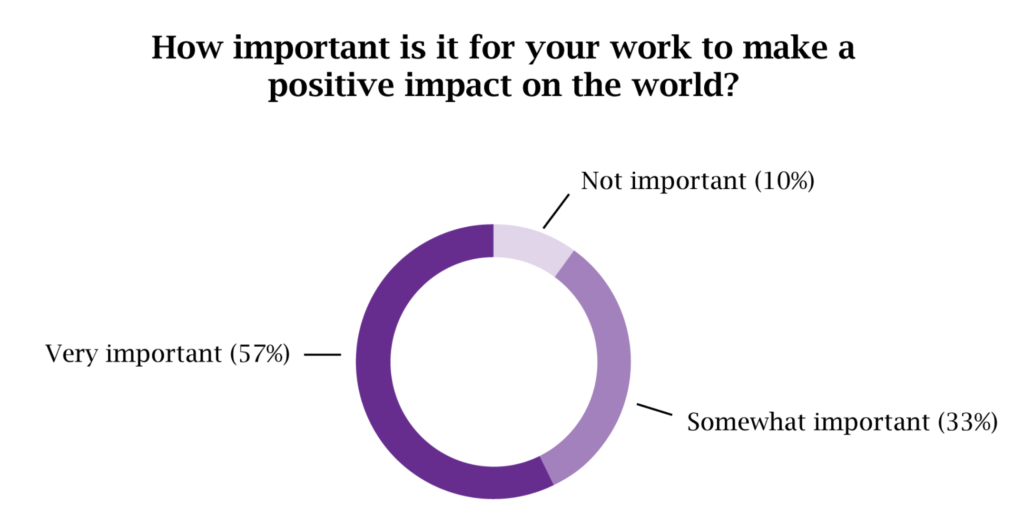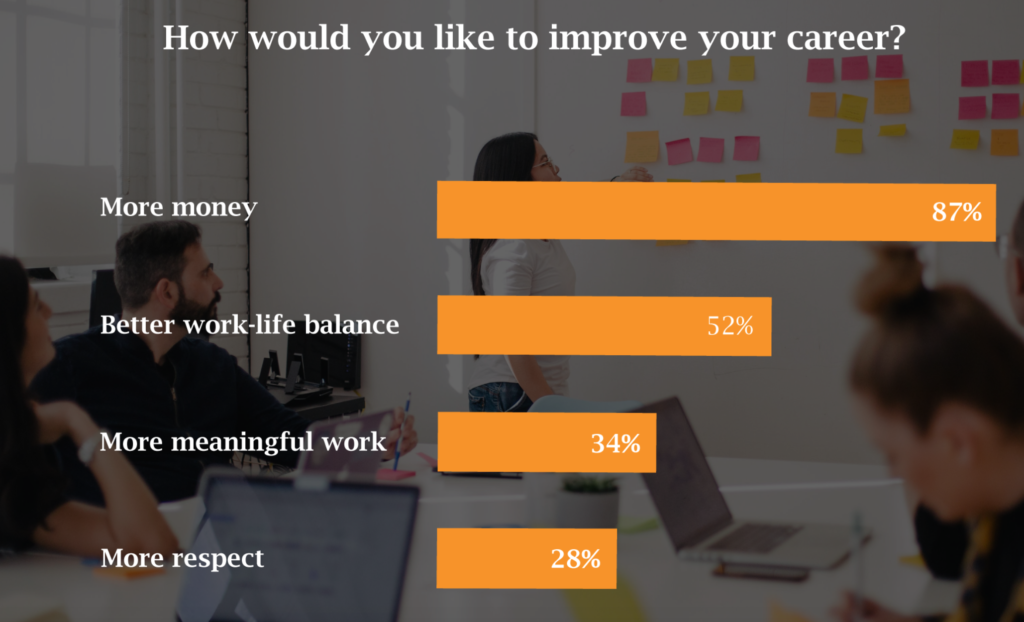Today on the Weekly Dose I take a look at the HR technology startup VantagePoint. VantagePoint is a virtual reality(VR) learning technology company that has produced both sexual harassment and diversity and inclusion training, as well as a training metrics dashboard to go along with their VR training.
I’m not sure we are even close to what VR can become in the HR world. Clearly, there is a great use case for it in training and we see organizations are beginning to start testing it, but to this point, it’s still rather uncommon in most organizations. In fact, it’s uncommon in almost every part of our lives. Only 2% of people in the world have ever even tried it! But, it’s growing like crazy, basically doubling in usage every year.
All that said, it’s actually super cool and fun! Now, if you ever had put on a VR headset and did a fly through the grand canyon, or taken a trip on a roller coaster, you could probably see how that might get old, are nauseating, very quickly! If you have watched a live NBA game from the first row at half-court, through VR goggles, you start to understand how totally awesome it can be!
VantagePoint’s CEO, Morgan Mercer, was early in on the VR tech and it’s potential use to train our employees in how to be better with sexual harassment and has also added in content for D&I as well. VR is only part of what VantagePoint is about. Doing great VR means you have to have great content for your employees to get emersed in. Ultimately, VR is the training delivery tool, but what VantagePoint understands is you better deliver great engaging content is you want great training.
What do I live about VantagePoint?
– When you go through harassment training with VR goggles and headphones on, you feel like you are witnessing harassment happening, live, right in front of you. You’re uncomfortable. You want to do something. The fact is, doing training in virtual reality forces the user to be totally focused unlike any other kind of training I’ve ever done.
– VantagePoint has figured out, as LOD and HR pros we don’t really want to mess around with hardware (VR goggles, etc.). So, part of their strategy is to just bring everything to you, have a person on-site, and take away any pain or frustration that might go along with that side of training. You just have them show up, and they take your employees through the training. (You can also do it on your own if you like)
– The harassment training isn’t just watching this stuff happen on VR. The user also gets calls on a pop-up looking iPhone with a call from HR telling the user what they did right or wrong, etc. If you get something wrong, you get thrown back into the experience to do more work.
– I love that you can measure not only the compliance side of the training, but you can also see who is actually getting it, and who isn’t with the metrics dashboard they’ve developed.
We all know we can and have to do better when it comes to sexual harassment training in our workplaces. Traditional, classroom-style training just doesn’t seem to cut it, because it doesn’t grab the attention of the audience. No matter how well done. VantagePoint has figured out a better delivery tool, and one that will be commonplace in the very near future when it comes to all kinds of training.
The price point is actually less expensive then I thought it would be, and I would think most organizations of every size will be able to afford the VantagePoint VR training. I do think Morgan, and her team, are just scratching the surface of what’s possible when it comes to this kind of training in our workplaces. But, great VR content is also labor-intensive to pull off well.
I would definitely recommend a demo, especially if you’re looking for a great alternative to traditional harassment and D&I training. This is training that your employees will definitely remember and pay attention to!




